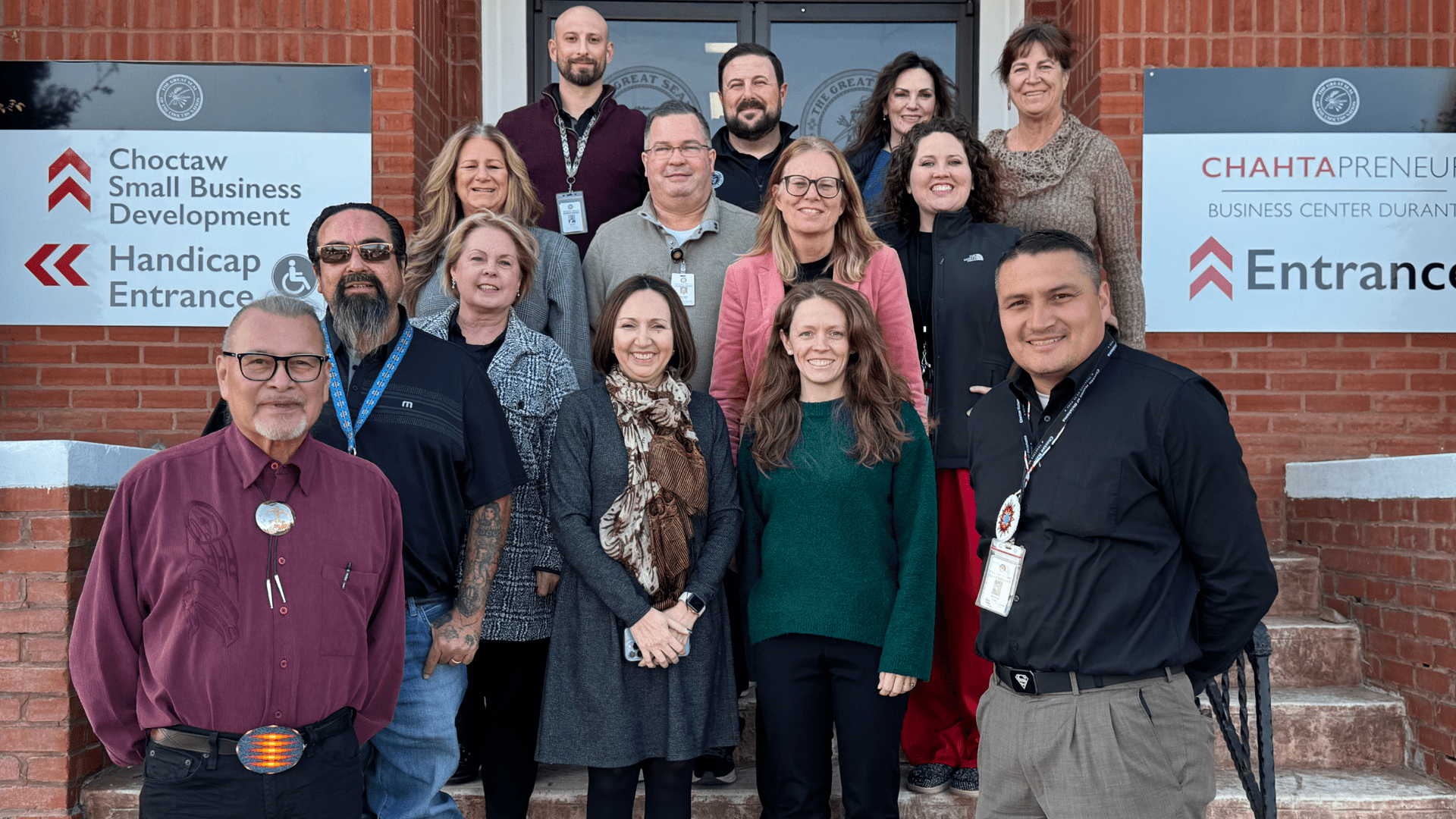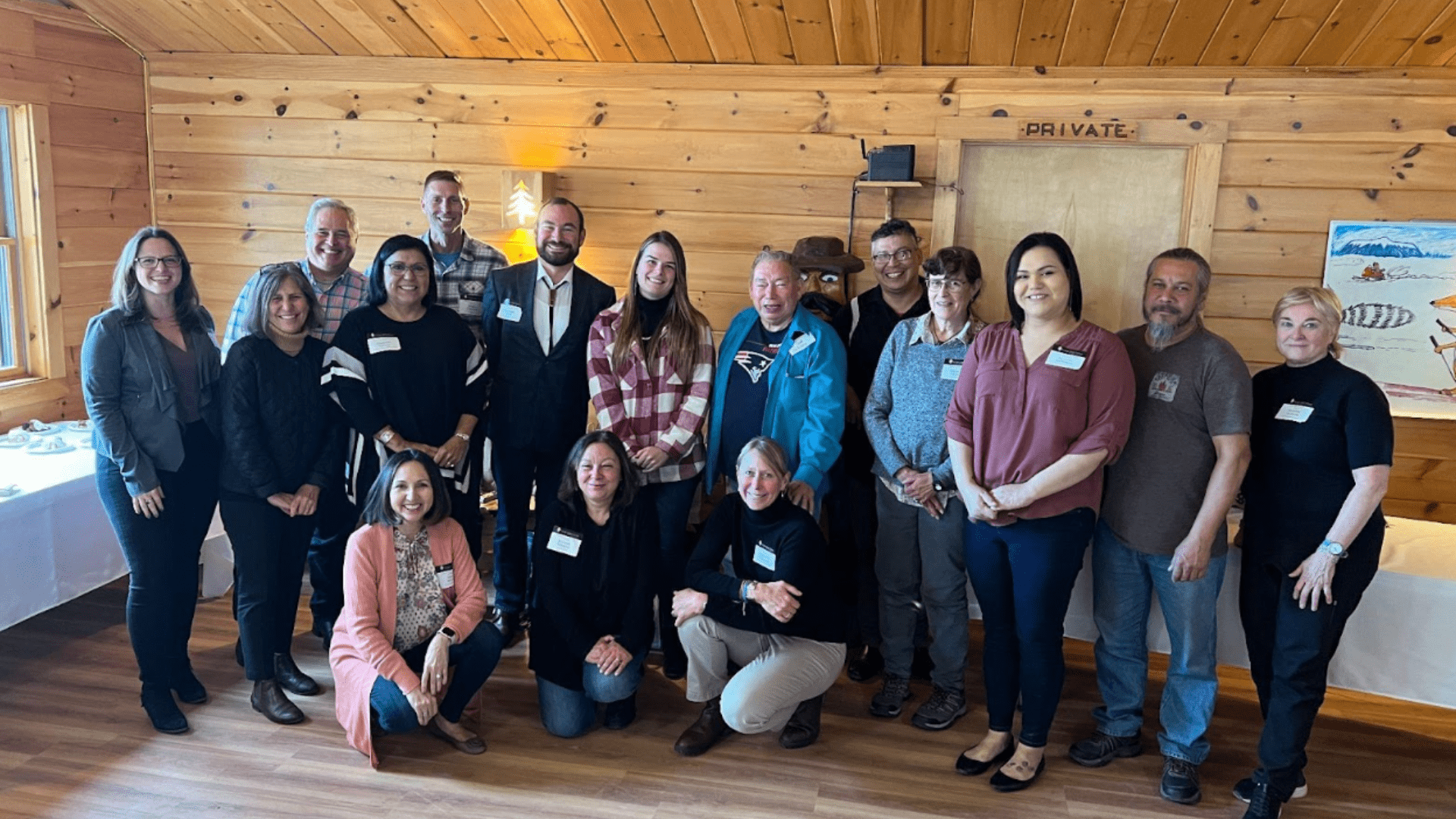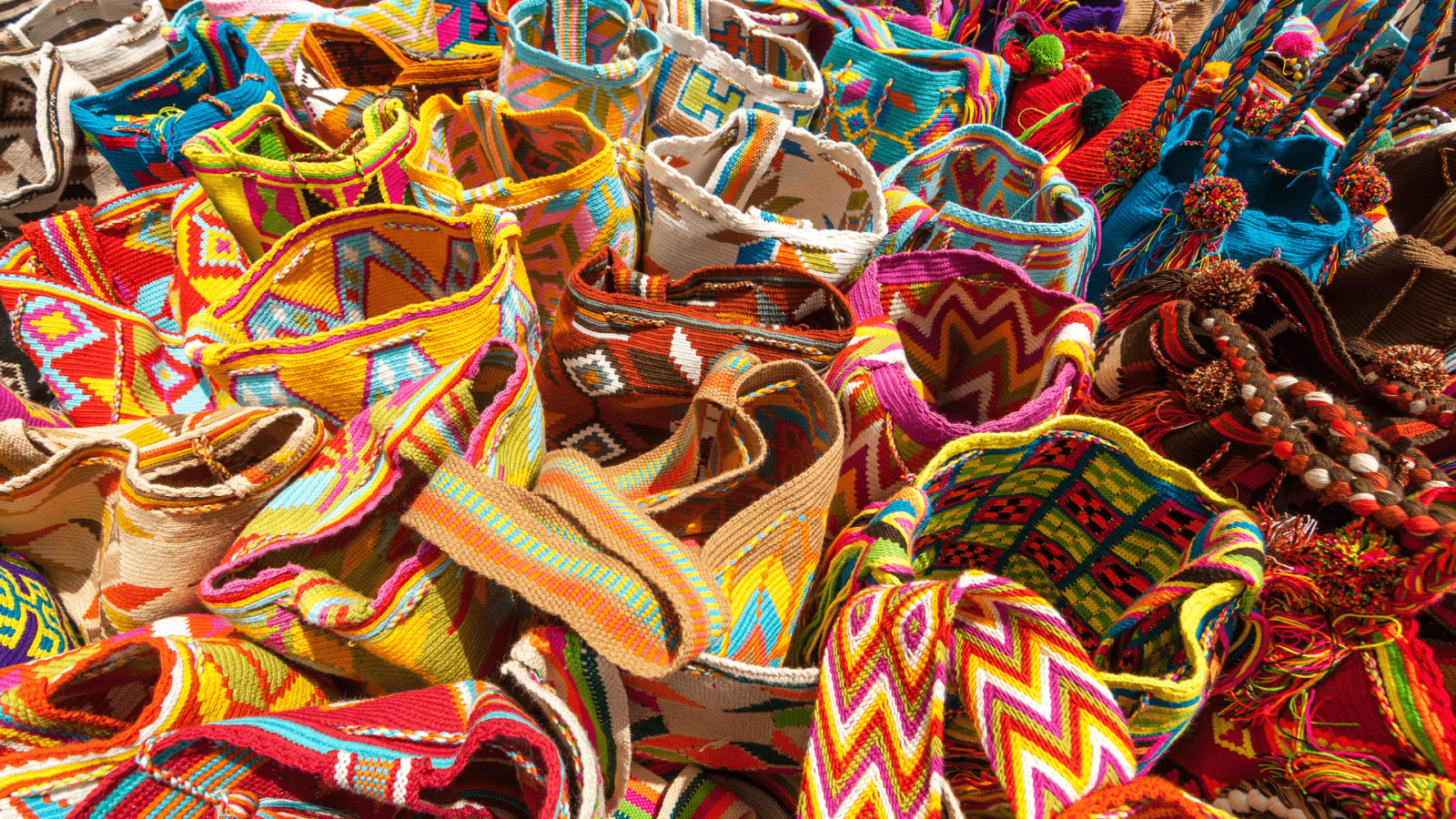Cultural Tourism Planning
Indigenous and historically marginalized communities have often been excluded from tourism planning or subjected to tourism activities that exploit and commodify their cultures without consent or benefit. We work to change that by supporting community-led tourism planning that centers local voices and priorities.
Through our cultural tourism planning efforts, we partner with communities to define their own vision for tourism, ensuring it reflects their values, protects their heritage, and supports long-term goals. These plans:
Empower community members by giving them a meaningful voice in tourism development.
Allow communities to decide how and what aspects of their culture they wish to share with visitors.
Promote economic development and entrepreneurship.
Support the preservation of cultural and natural resources.
Our goal is to help create tourism experiences that are respectful, community-driven, and beneficial for both residents and visitors.
Interested in collaborating on a cultural tourism plan or learning more about our approach? Get in touch to explore how we can support your community.
RECENT PROJECT EXAMPLES

Choctaw Nation Destination Stewardship Strategic Framework
- Learn more
In 2024, the Choctaw Nation of Oklahoma, the third-largest federally recognized Tribal Nation in the United States, partnered with GW to develop a destination stewardship action agenda to facilitate tourism coordination and improve management across their territory to enhance the Nation’s competitiveness.
The Destination Stewardship Strategic Framework (DSSF), a culmination of extensive desktop research and in-person planning and visioning workshops, serves as a strategic framework for the Choctaw Nation of Oklahoma’s tourism team to coordinate efforts across jurisdictions, fostering sustainable growth, cultural preservation, and economic resilience. Its focus is on:
- Strengthening cooperation and collaboration across jurisdictions,
- Developing diversified tourism products and experiences that connect communities and transcend boundaries, and
- Laying the foundation for shared resources and ideas to support future collaborative marketing efforts.
By outlining 7 priority initiatives, the DSSF identifies key opportunities for collaborative stewardship, ensuring tourism development aligns with the Nation’s long-term vision.
Keen to strengthen the capacity of their economic development, tourism teams, and local tourism leaders, the Choctaw Nation of Oklahoma has also partnered with GW to deliver an in-person professional certificate training in Sustainable Tourism Destination Management.

Maine Wabanaki Cultural Tourism Plan
- Learn more
Despite Maine’s thriving tourism industry, it’s providing little benefit for the Indigenous Wabanaki communities. The Maine Wabanaki Cultural Tourism Plan 2024–2029, a partnership between the Four Directions Development Corporation (FDDC) and the GW International Institute of Tourism Studies, was developed through a two-year participatory planning process involving Tribal Leaders from all Wabanaki communities and other key Wabanaki stakeholders, the State of Maine, local and regional municipalities, tourism businesses, natural and cultural heritage organizations, and academic institutions. The plan is serving as a blueprint to guide Wabanaki Nations and their Native and non-Native partner organizations to collaboratively and respectfully develop cultural tourism that benefits Wabanaki communities, entrepreneurs, and businesses while offering authentic and educational experiences to visitors.
Upon completion of the plan, our team facilitated two train-the-trainer courses for FDDC staff and their community fellows. These courses were focused on cultural heritage tourism and product development, both of which were aimed at equipping staff with the knowledge and resources needed to support the development of cultural heritage tourism throughout the five nations.


